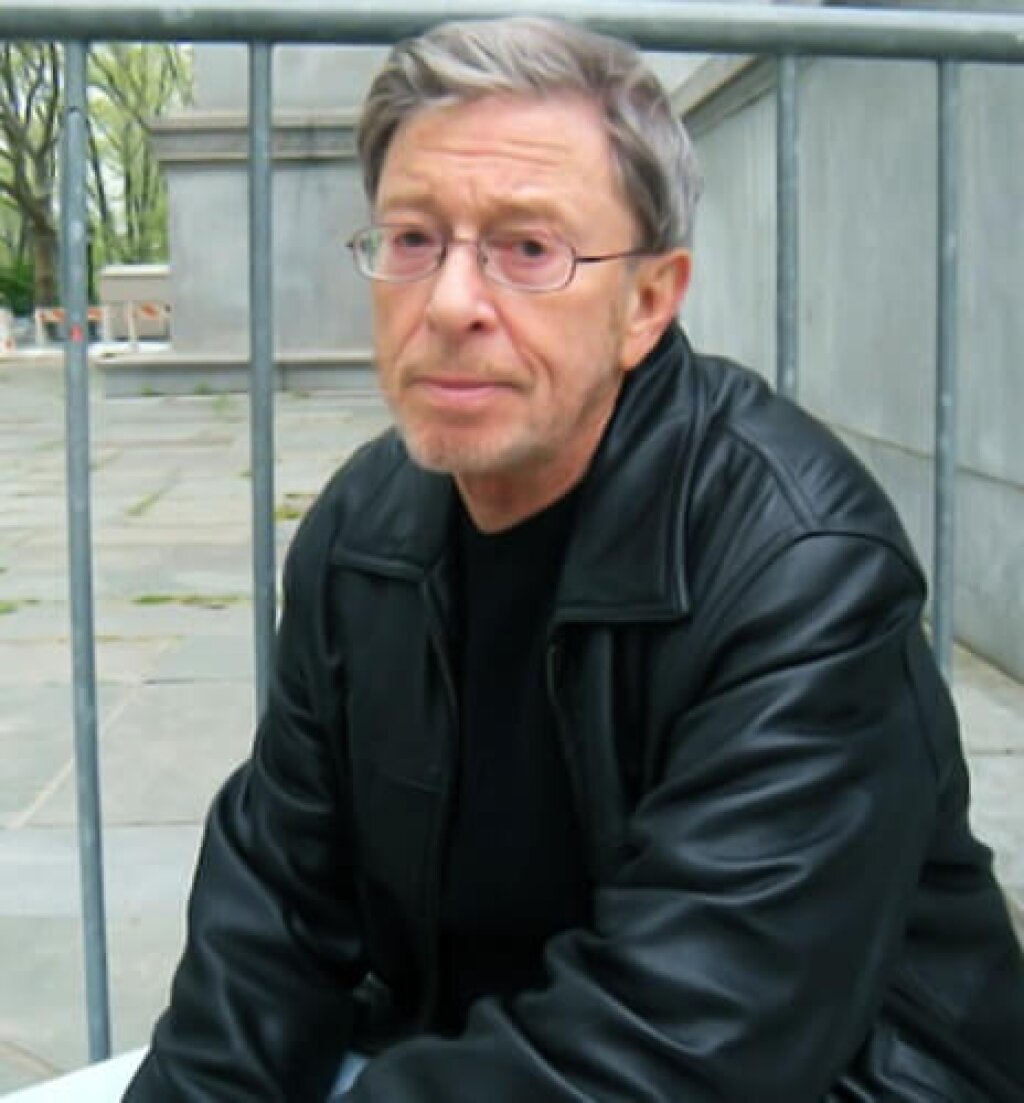I've made no secret of my mixed feelings about Ksenia Sobchak: she's a party girl who epitomized post-Soviet Russia's "golden youth," a spokesperson for the contemporary protest movement, and a compellling and competent television talk show host. Recently, however, she met her match, interviewing a man whose career and public persona is even more incoherent than her own: Alexander Nevzorov.
The hour-long conversation between these two chameleons on Dozhd (which Russian speakers can watch and read here) had all the pathos of King Kong vs. Godzilla, and not only because they represent two political extremes. As Sobchak herself points out, Nevzorov dedicated no small amount of air time to discreding her father, St. Petersburg governor Anatoly Sobhcak, back when little Ksenia was still dreaming of her first red stiletto heels. It would be perfectly understandable for Ksenia Sobchak to look for some form of closure in her encounter with this man.
Nevzorov, you might recall, was the first muckraking TV journalist of the perestroika era, whose program 600 Seconds captivated viewers throughout the country. Liberals initially had though him one of their own, but he dispelled this myth in 1991, when he portrayed the Soviet troops opposing Lithuanian independence activists as heroes dedicated to preserving the beloved motherland.
From there, he went on to defend the Russian White House against Yeltsin's attack in 1993, and produce a series of nationalist documentaries throughout the decade, eventually getting elected to the state Duma, Then things got stranger: for some time, he has devoted his attention to the role of horses in world history (yes, horses--I couldn't make this up if I tried), and has since gained a reputation as a horse trainer. He returned to political journalism a few years ago, somehow becoming one of Putin's official representatives in 2012 while also making a new reputation for himself as a harsh critic of the Russian Orthodox Church (he claims that he had long ago given up on the idea of becoming a priest because of his "normal sexual orientation"). To top it all off, he is a vegetarian. I suppose ethnic Russian anticlerical vegetarians over 50 are more numerous than unicorns, but I don't have much evidence to prove it.
Nevzorov's responses to Socbchak's pointed questions are a study in raw cynicism. Yes, he used to have ideological beliefs, but he's given up on all that. Now he just calls himself a "hired hand": "For me, public interests are basically insignificant." When Nevzorov objects to Sobchak's description of him as "the patriot Nevzorov," Sobchak asserts: "You always were [a patriot]." To which Nevzorov replies: "And there once was a time when living organisms were trilobites." As for his scandalous documentaries, he broadcast them "just for money and for satisfying my own interest."
Previously, I wondered aloud if it was possibly to be disappointed in Ksenia Sobchak. Now I question my own disappointment in Alexander Nevzorov. Does being appalled by his astounding cynicism constitute a perverse nostalgia for the days when fascists were reliably fascist?



